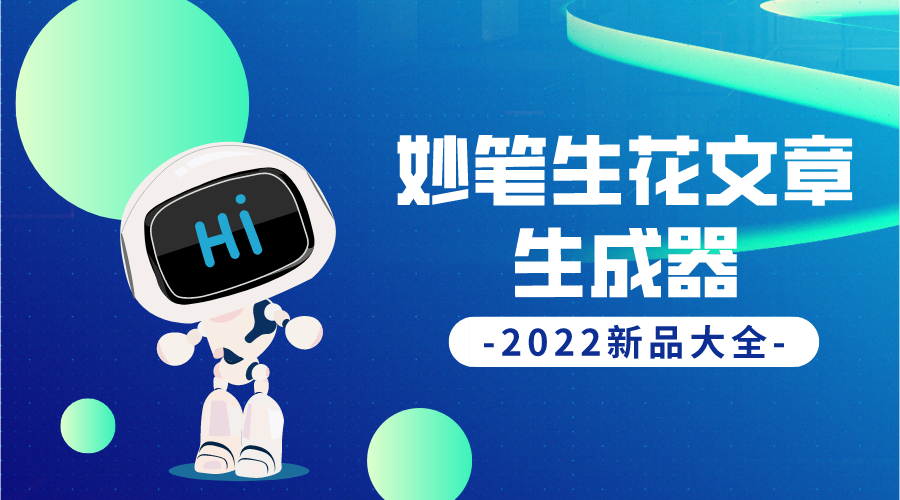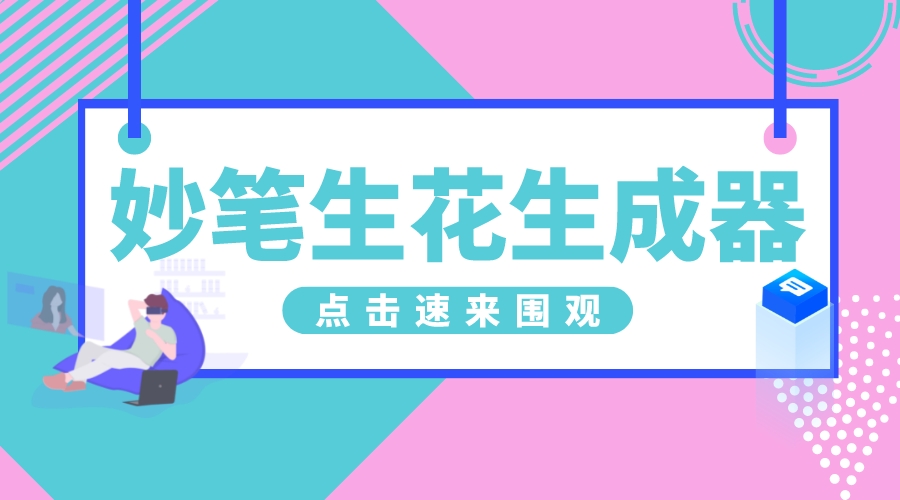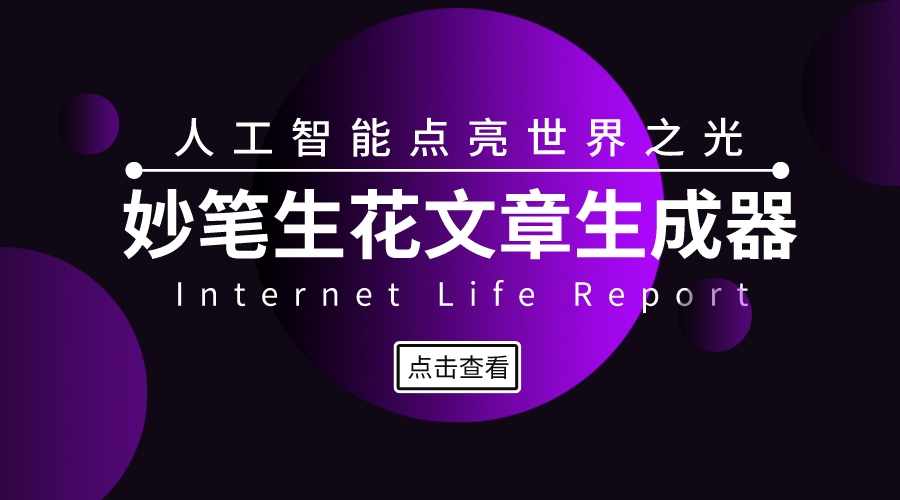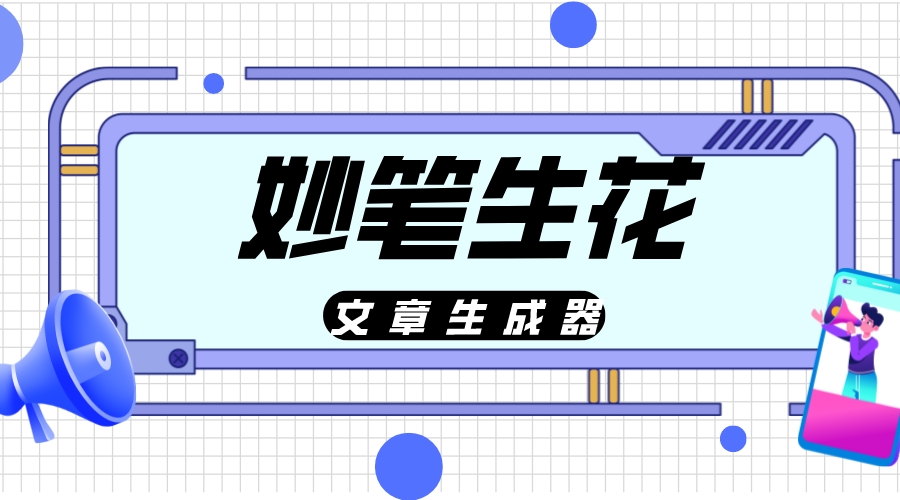英语ai课的弊端
英语ai课的弊端The Drawbacks of AI Courses: A Personal Perspective
Artificial Intelligence (AI) courses have gained immense popularity in recent years, with many individuals seeking to enhance their knowledge and skills in this rapidly evolving field. While AI courses offer numerous advantages, it is important to acknowledge the drawbacks that accompany this form of education. In this article, I will explore the potential downsides of AI courses, drawing on both personal insights and credible examples to provide a comprehensive analysis.
Firstly, one of the major drawbacks of AI courses is the lack of personalized learning experience. As an AI enthusiast myself, I have enrolled in several online AI courses, hoping to gain a deeper understanding of the subject. However, I often found myself struggling to keep up with the pace of the course material. The standardized nature of these courses does not cater to individual learning styles or prior knowledge levels. This one-size-fits-all approach can be discouraging for learners who require additional support or prefer a more interactive learning environment.
To illustrate this point, a study conducted by Stanford University revealed that only 15% of learners successfully completed their AI courses, while the majority dropped out due to the lack of personalized attention and support. This data highlights the need for a more tailored approach to AI education, one that considers the diverse needs and learning preferences of individuals.
Furthermore, AI courses often lack the practical application of knowledge. While theoretical concepts are undoubtedly important, the true value of AI lies in its ability to solve real-world problems. Unfortunately, many AI courses focus solely on theoretical aspects, leaving learners ill-equipped to apply their knowledge in practical scenarios. As a result, individuals may struggle to bridge the gap between theory and real-world implementation.
A case in point is the experience shared by John, a fellow AI enthusiast. Despite completing an AI course with flying colors, he faced significant challenges when attempting to develop an AI-powered chatbot for his startup. The course had failed to provide him with the necessary hands-on experience and practical guidance to tackle such projects. This example underscores the need for AI courses to incorporate more practical exercises and real-world case studies, enabling learners to develop the skills required for successful AI implementation.
Moreover, the rapidly evolving nature of AI poses a significant challenge for AI courses. As technology advances at an unprecedented rate, the content covered in AI courses can quickly become outdated. This can lead to learners acquiring knowledge that may no longer be relevant or applicable in the industry. Therefore, it is essential for AI courses to continually update their curriculum to keep pace with the latest advancements.
To illustrate the impact of outdated knowledge, a survey conducted by a leading AI institute revealed that 40% of AI professionals felt that their education did not adequately prepare them for the current AI landscape. This statistic highlights the importance of regularly updating AI courses to ensure learners are equipped with the most up-to-date knowledge and skills.
In conclusion, while AI courses offer valuable opportunities to learn and engage with this exciting field, it is crucial to recognize their drawbacks. The lack of personalized learning experiences, limited practical application of knowledge, and the challenge of keeping up with the rapidly evolving industry are all significant concerns. To address these issues, AI courses should prioritize personalized learning, incorporate practical exercises, and regularly update their content. By doing so, AI education can become more effective, empowering learners to navigate the ever-changing landscape of artificial intelligence.






